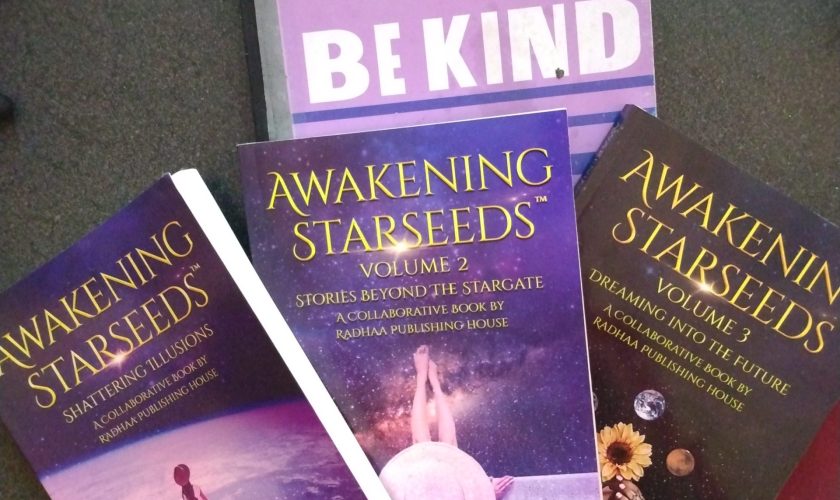Left, right. We used to just walk and talk. It's all messed up lately. The left is a losing label. It can mean left behind,…
Freethinkers: Paine, Emerson, Ingersol
Introductory Comments
Let’s take a few moments to remind ourselves America is not only a Christian nation and never has been. Freethinkers are foundational to what we are and could become. I hope this skimpy foray into a few of our freethinking founders helps reassure and orient us.
During my Unitarian Universalist seminary years at the University of Chicago, I was fortunate enough to also attend training for humanist leaders. Conducted by the Humanist Institute, held mostly in New York City at the Ethical Culture Society on 54th at Central Park, I learned of the rich, bold, embattled humanistic freethought movement. I graduated in the second class; there are now (2018) 29 such classes having graduated some 150 Humanist Leaders.
I appreciate the humanist aspect of Unitarian Universalism. We are free-born, able to think for ourselves, entitled to be skeptical of fantastic or overbearing religious claims, be to be atheist if we are, and be just plain human. We have the ability and the responsibility to live up to ourselves and our times. This doesn’t mean that believers and mystics are wrong or excluded. All humans are born of humanly holy sovereignty.
We’re born free and sovereign. We might be born in a culture that represses and controls that, but ultimately, we’re still fallible and able. We might be reared to be gullible, dull, and obedient, but inherently, inalienably, we are savvy and sexy.
While some Christians teach that the United Stated of America is a Christian Nation, the truth is it is a secular nation allowing for both belief and unbelief. The faith is in the people, not some king usurping divine agency. Whole, free, honest citizens can live well together. Freethinkers are foundational to who we are.
Vigorous, free thinking is our birthright. America was founded on the inherent and inalienable right to be fully human. We have faith in whole citizens who can and do think and speak for themselves amongst themselves. Whole, free, honest citizens live well together.
Thomas Paine (1739-1809)
Thomas Paine, a revolutionary theorist and deist theologian, helped found our beloved country. His widely popular pamphlets “Common Sense” and “The Rights of Man” helped inspire our revolution. Benjamin Franklin, calling him a genius and providing his letter of introduction, urged he leave England and come to the new world. Thomas Jefferson liked him and learned from him. Christopher Hitchens, in his “Most Valuable Englishman Ever,” saw him as faithfulness personified.
He gave both his writings and the profits from them to the emerging nation. He was once an international celebrity, particularly when he aided the French revolution, which earned him the ire of the British and other traditionalists seeking to maintain social privilege. He was an early critic of slavery. While this is all fitting, his story is tragic. He died mostly broke and almost alone. Why? Much as he had done for the monarchy, he skillfully and relentlessly critiqued the Bible and Christianity in his “The Age of Reason.”
He enlightened us, “It has been the scheme of the Christian church, and of all the other invented systems of religion, to hold man in ignorance of the Creator as it is of government to hold him in ignorance of his rights.”
He dared to write plainly: “The assassination of infants, is a matter of serious concern… To read the Bible without horror, we must undo everything that is tender, sympathizing, and benevolent the heart of man.” He called the Bible, “… a history of the grossest vices… I cannot dishonor my Creator by calling it by His name.”
He wrote, “I do not believe in the creed professed by the Jewish church, by the Roman church… by the Protestant church, nor by any church that I know of. My own mind in my own church. Does that make him in infidel? He replies, ‘Infidelity does not consist in believing, or in disbelieving; it consists in professing to believe what he does not believe.”
Deists turned away from scripture to see truth in the very structure of existence.
“Creation speaks a universal language… It is an ever-existing original which every man can read,” he wrote. “Every preacher ought to be a philosopher. Most certainly and every house of devotion a school of science.” Well, what is the work of God then? “THE WORD OF GOD IS THE CREATION WE BEHOLD,” he wrote in all caps.
Ralph Waldo Emerson (1803-1882)
A generation later, Emerson added the inner world as the counterpart to the divine outer world. He wrote in his diary, “If the stars would appear but one night in a thousand years, how would men believe and adore… But every night come on these envoys of beauty and light the universe with the admonishing smile.” The starry heaven was the outer shine of the inner one. “As a plant in the earth, so I grow in God. I am only a form of him. He is the soul of me.”
Emerson was lofty without being stuffy. “Wild man attracts,” he wrote, “tame men are inexpressibly tedious.” Edwin Palmer asked him if he liked two services on the Sabbath. “I told him, not well. If the sermon was good, I wished to think of it; if it was bad, one was enough.”
The faculty regretted inviting this wild philosopher to address the graduates of the Harvard Divinity School in 1838. “Only he can give, who has. But the man who aims to speak as books enable, as synods use, as the fashion guides, and as interest commands, babbles. Let him hush.” “The village blasphemer sees fear in the face, form, and gait of the minister.”
He saw the link between dull belief and fallen societies. “And what greater calamity can fall upon a nation than the loss of worship? Then all things go to decay. Genius leaves the temple to haunt the senate or the market. Literature becomes frivolous. Science is cold… Society lives to trifles.”
Instead, he urged, “Whenever a man comes, there comes revolution… He is religious. Man is the wonderworker.” This humanistic faith was for the miracles of nature built in, not the miracles used to “prove” the truths of the Bible. “The word miracle, as pronounced by Christian churches gives a false impression; it is Monster. It is not one with the blowing clover and the falling rain.”
His speech was a scandal. Almost all Unitarian pulpits were closed to him from then on. He migrated from Sunday mornings to Wednesday evenings. Even today, he is given uncertain welcome in UU circles, many complaining he was too individualistic, ignoring all the ways he embedded the individual in society as a divine aspect of the cosmos.
Robert Ingersol (1833-1899)
Mark Twain wrote, “Of all the men living and dead I loved Ingersol the most.”
Ingersol revived Thomas Paine. Thousands enjoyed him. He joked, “Calvinism is the child of indigestion.” He believed laughter lengthens life.
Some reviled him as The Great Agnostic, and some called him a blasphemer. But “Blasphemy,” he wrote, “is the word un majority hisses into the ears of the few.” He went on, “The Catholics called Martin Luther a blasphemer and Martin Luther called Copernicus a blasphemer. Pious ignorance always regards intelligence as a kind of blasphemy.”
“Religion,” he said, “is a sanctified mistake and heresy a slandered fact.”
He used the Bible and wasn’t used by it. “I do not throw away the Bible because of some foolish passages in it, but I say, throw away the foolish passages.”
“Faith is a lullaby song sung to put the soul to sleep,” he dared to say. “Faith built cathedrals for God and dungeons for men. She peopled the clouds with angels and the earth with slaves.” “Knowing all cannot believe,” he warned, “the church endeavors to make all say they believe.”
Human wholeness and honesty are divine. “Religion has not civilized man; man has civilized religion… God improves as man advances.”
His creed:
While I am opposed to all orthodox creeds, I have a creed myself; and my creed is this. Happiness is the only good. The time to be happy is now. The place to be happy is here. The way to be happy is to make others so.
Happiness is the only good; reason the only torch, justice the only worship, humanity the only religion, and love the only priest.
Conclusion
Could awakened religion simply be living well with each other in reality? You, newborn bard of the Holy Ghost, do you live up to yourself?
I hope this brief dip into a few words of a few of America’s freethinkers reminds us not only of the holy hope of a secular America, but of your own inherent, inalienable sovereignty and possibility.
Byron Bradley Carrier
Presented to the Humanists of Grants Pass
Saturday, March 17th, 2018
(An excellent overview of freethinkers is found in Susan Jacoby’s book “Freethinkers.”)
Subscribe
0 Comments







